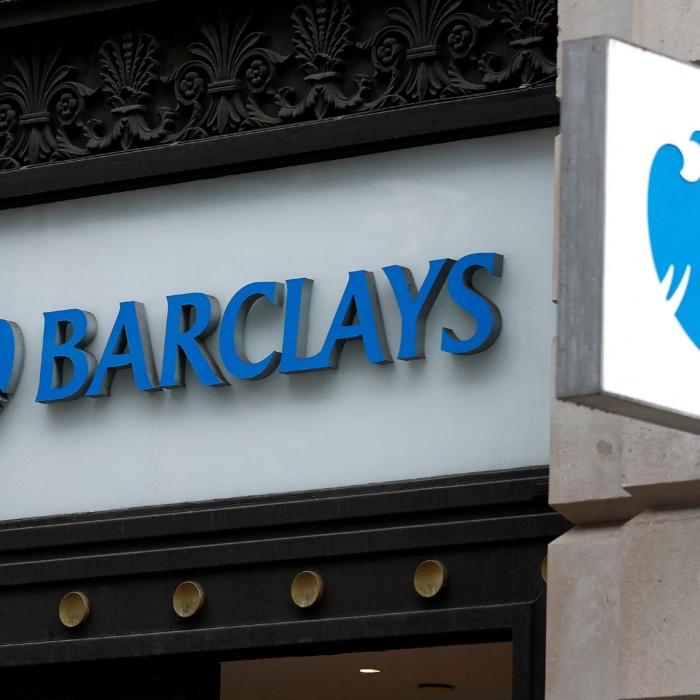The number of fraud and scam complaints recorded by an ombudsman that settles cases between consumers and financial services providers has jumped to a record level.
The Financial Ombudsman Service (FOS) reported on Wednesday that the first quarter of this financial year was marked with more than 8,700 fraud and scam cases. This is a jump from 6,094 cases reported in the same period last year.
Over half of these cases related to online bank transfers, where customers fall victim to what is known as authorised push payment (APP) scams.
The ombudsman also recorded a rise in complaints, where people spotted investment opportunities on social media and paid fraudsters using debit or credit cards. In the first three months of this financial year, 1,500 of these complaints were logged, compared to 1,100 last year.
The chief executive and chief ombudsman at the FOS, Abby Thomas, said that falling victim to fraud is a “horrendous” experience, both financially and emotionally.
Protection Standards
The FOS regulates rules on how financial businesses handle complaints. The service, which is free, currently receives and resolves around 500 fraud and scam complaints a week.Ombudsman director for banking, Pat Hurley, said that the cases brought to the service show that “fraudsters’ methods are always evolving.”
Thomas said that “no matter how complex a case is” the FOS is prepared to investigate the complaint.
Victims of financial fraud and scams are advised to check if their bank or financial provider are signatories to the Contingent Reimbursement Model (CRM) code. Introduced in 2019, the code sets out consumer protection standards to reduce APP scams.
CRM signatories, such as HSBC, Barclays, Halifax, and other financial providers and banks, provide a greater level of protection for customers. They are also committed to reimbursing customers who are not to blame for the success of a scam.
Whether a provider is a signatory to the CRM code or not can affect the outcome of a complaint case.
“Of the 4,752 APP scam cases we received in the first three months of this financial year, 2,734 were not covered by the code. This is reflected in the uphold rate – with 49% of cases that fall under the code upheld, compared to 36% that do not,” said the ombudsman in a statement.
The reimbursement process will be faster under the newly introduced rules on APP scams. From October 2024, all payment service providers (PSPs) must reimburse APP scam victims, with the reimbursement split 50:50 between sending and receiving PSPs.
The new rules were issued by the Payment Systems Regulator (PSR) in December last year. They cover many APP scams up to £415,000 with some exceptions, such as the payment being made abroad.
A provider may refuse the reimbursement request, if the customer has been grossly negligent. Customers who make a payment using a debit or credit card, instead of a bank transfer, and fall victim to fraud, are not covered by the CRM code or the new PSR rules.
The ombudsman has called on consumers to be vigilant and avoid suspicious calls by fraudsters pretending to be official providers.
“A bank or other official body, such as the police, will never call consumers and ask them to move their money to a ‘safe account.' Hang up the phone and contact your bank if this happens,” the FOS said.
When researching investment opportunities, consumers should ensure that the provider is regulated by the Financial Conduct Authority, the advice said.







